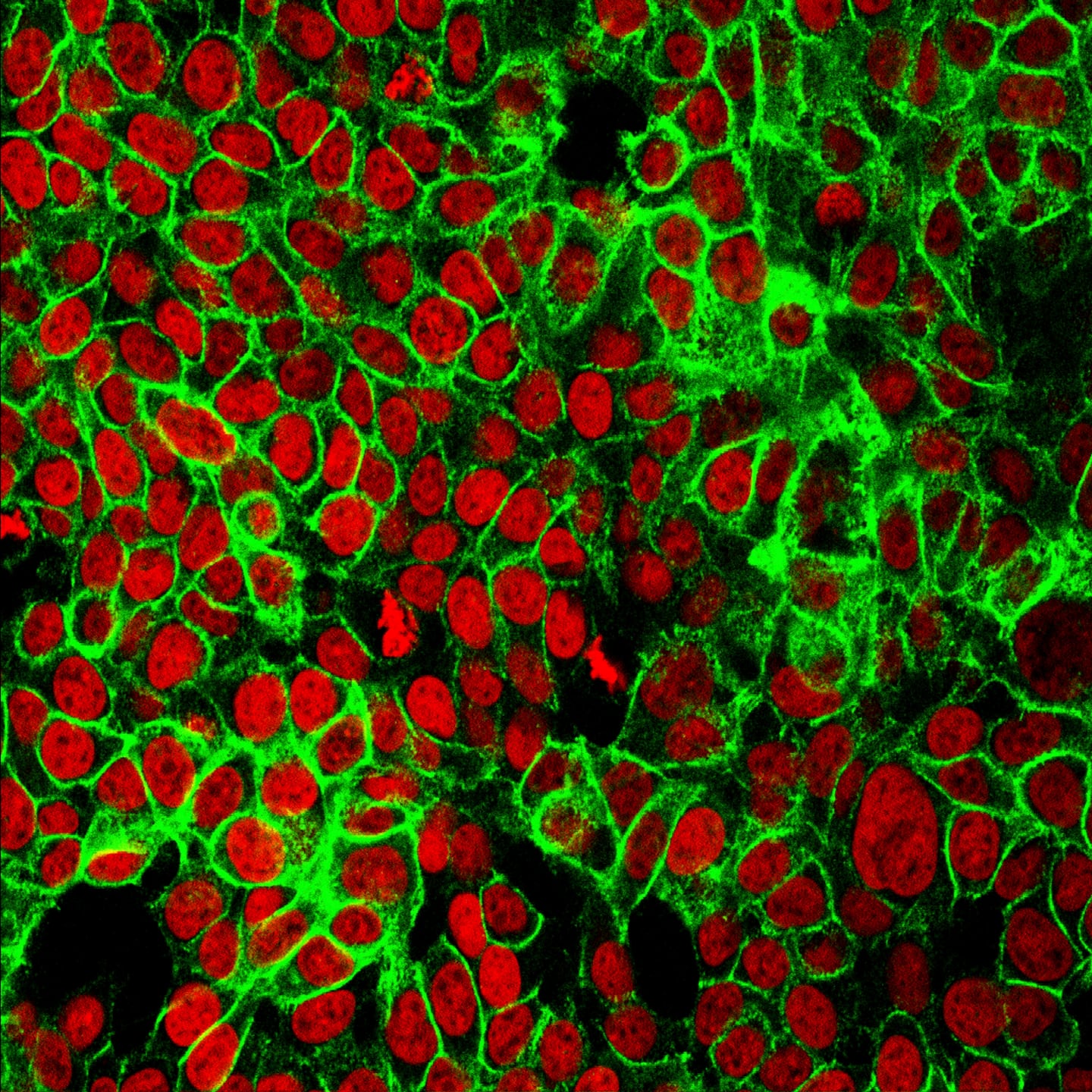ORLANDO, Fla. — March is National Colorectal Cancer Awareness Month. Experts want you to commit to healthy habits and regular screenings to help fight colon cancer. Here are 9 facts about the disease.
1. Colorectal cancer is the cancer of the colon or the rectum. Most colorectal cancers first develop as polyps, which are abnormal growths inside the colon or rectum. They can become cancerous if they aren't removed.
2. Colorectal cancer is the third most common cancer in the U.S. The Colorectal Cancer Alliance says one in 23 adults will get it in the course of their lifetime. While most cases are attributed to people 50 years or older, cases in younger people are on the rise.
DYK: 11% of colon cancer diagnoses and 18% of rectal cancer diagnoses occur in those under 50? #DontASSume you're too young. Learn more about colorectal cancer symptoms here: https://t.co/4KVZUF6gnD pic.twitter.com/15FfHVMGid
— Colorectal Cancer Alliance (@CCAlliance) March 8, 2019
3. The American Cancer Society says men and women should start regular screenings for colorectal cancers at age 45.
4. There are several types of screenings for colorectal cancer, but they are broken down into two groups: stool-based tests and visual exams of the colon-rectum.
5. People are at increased risk for colorectal cancers if they have a family history of the disease, have had it before, have had radiation to their abdominal or pelvic area.
6. The colon is also referred to as the large intestine. It removes water, salt and some nutrients to produce stool.The colon is five feet long and weighs 4 pounds on average.
1 in 21 people will get colorectal cancer. Here's how to prevent it: https://t.co/j0rAxuYSLq
— Cleveland Clinic (@ClevelandClinic) March 4, 2019
7. The American Society of Colon and Rectal Surgeons says 140,000 new cases of colorectal cancer will be diagnosed this year. 56,000 people will die from the disease this year.
What are the warning signs for colorectal cancer? Here is a list from the Colorectal Cancer Alliance.
8. A colectomy is the removal of some, or all of the colon. A human being can live without a colon, but the body needs another route to rid itself of waste.
9. The Crohn's & Colitis Foundation details two common options for creating an alternate path once a colectomy is performed. The first, an ileastomy, a surgically created hole in the abdominal wall that allows stool to pass. The second, an ileoanal pouch anal anastomosis, creates an internal pouch connected to the anus which allows stool to pass naturally.
Join WFTV Anchor Jorge Estevez on Thursday, March 21, for a special Facebook Live event with medical experts from AdventHealth Orlando. Like us on Facebook to ask the doctors your questions
Cox Media Group






